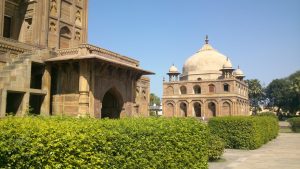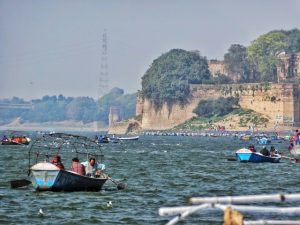CURRENT SYSTEM
Our transportation system is inefficient. It was designed for cars and trucks that are often only used a small percentage of the day. When they are used it’s often by just one person, yet these vehicles require lots of road space and parking.
SHARING CULTURE
Our growing city also means more goods. Deliveries have grown dramatically in the city, yet the way things are delivered hasn’t changed, meaning more delays. Public transit is the backbone of the city, yet it is at capacity during peak periods.
CONNECTED CITY
Embracing shared, electric, connected autonomous vehicles will transform our transportation system. Think beyond just cars. Vans, trucks, buses and anything that currently moves around the city can be equipped with this technology.

Our growing city also means more goods. Deliveries have grown dramatically in the city, yet the way things are delivered hasn’t changed, meaning more delays. Public transit is the backbone of the city, yet it is at capacity during peak periods and most of it is stuck in slow-moving traffic. Building out the bicycle and public transit priority lane networks to provide more reliable, safer, affordable and sustainable travel choices is proceeding, but it’s hard work. Sometimes there is friction. The one-or-the-other push-pull is no longer going to work in a city changing and growing. We need interconnected travel options – and more of them – to get around.
Shift up to 10 percent of single-occupancy vehicle (SOV) trips to transit, shared and active modes;
Reduce transportation emissions 10 percent through electrification and demand management
Features
SMART CITY PROPOSAL FOR PRYAGRAJ
Heritage & History
Built-heritage conservation, heritage street development with facade treatment
Transport & Mobility
Road development, intersection improvements to ensure safety through use of street guidelines.
Solid Waste Management
The waste generators in Indore do not segregate the waste prior to disposal.
Physical Infrastructure
The total length of the existing distribution network in the ABD Project Area is around 76.53 km.
Health & Medicine
Pryagraj is home to 51 public health institutions and has a number of private hospitals.
Infrastructure
The ABD Project area is receiving 13.72 ML water every alternate day for distribution.







